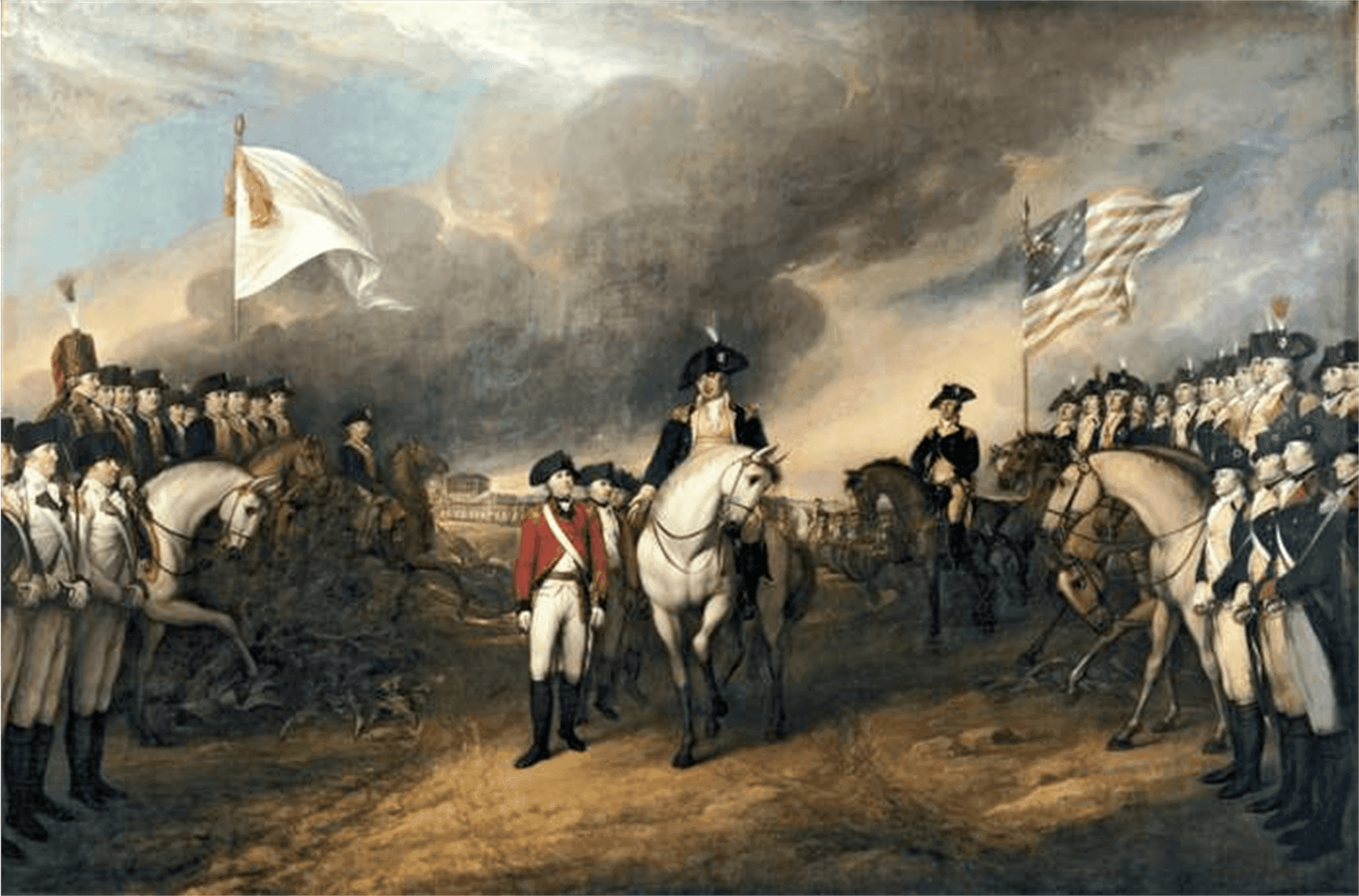Evidence #89 | September 19, 2020
Book of Mormon Evidence: Divine Deliverance
Post contributed by
Scripture Central

Abstract
The theme of divine deliverance found in the Book of Mormon is more consistent with an ancient Israelite context than a 19th century American context, which instead emphasized heroic resistance against abusive kings and tyrants.One of the most common themes in Joseph Smith’s 19th century political environment was heroic resistance against abusive tyrants and oppressors, particularly in the context of the American Revolution.1 According to American historian Richard L. Bushman, this theme was prominent in the “textbooks of that generation” and “was rehearsed whenever … orators honored the Revolutionary veterans in the audience.”2 In contrast, the theme of resistance against a tyrant is notably absent in Nephi’s brief prophecy about what appears to be the American Revolutionary War:
And I beheld that their mother Gentiles were gathered together upon the waters, and upon the land also, to battle against them. And I beheld that the power of God was with them, and also that the wrath of God was upon all those that were gathered together against them to battle. And I, Nephi, beheld that the Gentiles that had gone out of captivity were delivered by the power of God out of the hands of all other nations. (1 Nephi 13:17–19)
Commenting upon Nephi’s vision, Bushman explained,
The point of the narrative is that Americans escaped from captivity. … The British were defeated because the wrath of God was upon them. The virtue of the Americans was that “they did humble themselves before the Lord” (1 Nephi 13:16). The moral is that “the Gentiles that had gone out of captivity were delivered by the power of God out of the hands of all other nations.” The theme is deliverance, not resistance.3
Bushman found similar themes of deliverance in several other Book of Mormon stories,4 noting that “When we step back to look at the larger framework we can see that their … deliverance narrative grew out of the Nephites’ conception of history as naturally as resistance in the American Revolution sprang from Anglo-American Whig views.”5 And what was the Nephite conception of history based upon? Bushman explained,
Book of Mormon political attitudes have Old World precedents, particularly in the history of the Israelite nation. Against that background its anomalies become regularities. The Hebrews, for example, cast their history as a series of deliverances. Moses was not a revolutionary hero from an American mold. His people fled just like Alma’s and Zeniff’s, and the moral of the story was that God had delivered them from captivity. Moses was not lauded for courageous resistance. The Book of Mormon deliverance narrative, incongruous amidst Fourth of July orations, is perfectly conventional biblical discourse.6
If Joseph Smith had simply cobbled together the Book of Mormon from common themes and ideas in his 19th century environment, as some have supposed, readers might reasonably expect its pages to reflect that environment’s most prominent political theme. Yet, even when the very topic (the American Revolution) arises from which the theme of heroic resistance gained its popularity, the Book of Mormon presents it according to its own consistent and ancient “view of providential history.”7
Gregory Steven Dundas, “Kingship, Democracy, and the Message of the Book of Mormon,” BYU Studies Quarterly 56, no. 2 (2017): 7–58.
Richard L. Bushman, “The Book of Mormon and the American Revolution,” Book of Mormon Authorship: New light on Ancient Origins, ed. Noel B. Reynolds (Provo UT: Religious Studies Center, 1982), 198–211.
- 1. Richard L. Bushman, “The Book of Mormon and the American Revolution,” Book of Mormon Authorship: New light on Ancient Origins, ed. Noel B. Reynolds (Provo UT: Religious Studies Center, 1982), 3.
- 2. Bushman, “The Book of Mormon and the American Revolution,” 193.
- 3. Bushman, “The Book of Mormon and the American Revolution,” 194–195.
- 4. Bushman, “The Book of Mormon and the American Revolution,” 195–197.
- 5. Bushman, “The Book of Mormon and the American Revolution,” 196.
- 6. Bushman, “The Book of Mormon and the American Revolution,” 203.
- 7. Bushman, “The Book of Mormon and the American Revolution,” 197.